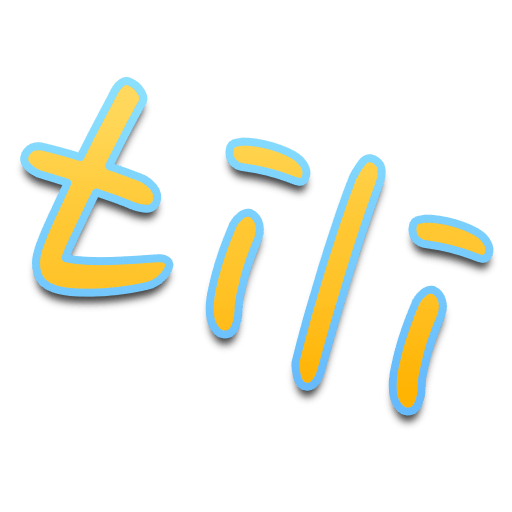Simple past tense (jedel ótken shaq) of the Kazakh language
In the Kazakh language the simple past tense of the verb (ótken shaq) in contrast to the long past reliable tense is used when you want to talk about the past without specifying a specific time. This tense expresses the obvious, single action.
Content
- Examples in the simple past tense
- Negative form of the simple past tense
- Interrogative form of the simple past tense
Examples in the simple past tense
The simple past tense is formed by attaching to the base verb affixes –dy/-di, -ty/-ti. First, the verb is added one of the affixes –dy/-di, -ty/-ti of the past tense, at the end the personal endings –m/-ń, -ńyz/-ńiz, -q/-k, -ńdar-/ńder, -ńyzdar/-ńizder of the past tense verb . If the base of the verb ends in a vowel, sonorous, or voiced consonant, then the affixes –dy/-di are added to it.
Men bar-dy-m – I went. Ol kel-di – He came.
If the base of the verb ends in a hollow sound, then the affixes -ty/-ti are added to it.
Men aıt-ty-m – I said. Ol ket-ti – He came.
| Men aldyм – I took | Biz berdiқ – We gave |
| Sen ashtyм – You opened | Sender aldyndar – You took |
| Siz kettińyz – You left | Sizder aldyńyzdar – You took |
| Ol aldy – She/He took | Olar aldy – Они взяли |
Negative form of the simple past tense
The negative form of the simple past tense of the Kazakh language is formed with the addition of verbs of the suffix –ma/-me, -ba/-be, -pa/-pe. First, one of the suffixes –ma/-me, -ba/-be, -pa/-pe are added to the base of the verb, then one of the suffixes –dy/-di, -ty/-ti of the past tense, and at the end the personal endings –m/-ń, -ńyz/-ńiz, -q/-k, -ńdar/-ńder, -ńyzdar/-ńizder of the past tense verb.
| Men súımedym – I didn’t love | Biz almadyq – We did not take |
| Sen aıtpadyń – You didn’t say | Sender jazbadyndar – You did not write |
| Siz jeńbedińyz – You did not win | Sizder alмаdyńyzdar – You did not take |
| Ol ketpedi – He/She did not go | Olar almady – They didn’t take |
Interrogative form of the simple past tense
The interrogative form is formed using the interrogative particles ma/me, ba/be, pa/pe and question words.
| Sen sabaqta boldyń ba? | Were you in the class? |
| Siz jınalysta sóıledińiz be? | Did you speak at the meeting? |
| Sender sabaq oqydyndar ma? | Have you read your lessons? |
| Sizder tanystyńyzdar ma? | Have you met her? |
| Olar sálemdesti me? | Did they say hello? |
| Sen keshe leksıada boldyń ba? | Did you attend the lecture yesterday? |
| Balalar nan ákeldi me? | Did the children bring bread? |
| Siz jáne dosyńyz qashantanystyńyzdar? | When did you and your friend meet? |
| Ashanada kim boldy? | Who was in the kitchen? |
| Seniń ápkeń turmysqa shyqty ma, joq pa? | Is your sister married or not? |
| Sizdiń aǵańyz qashan úılendi? | When did your brother get married? |
| Ótken jyl qaı jyl boldy? | What year was last year? |
alý — to take, berý — to give, berý — to give, ketý — to leave, súıý – to love, jazý — to write, jeńý — to win, turý — to get up, bolý – to be, oqý — to study, oqy — to read, jatý — to lie, barý — to go, kelý — to come, ashý — to open, jabý — to close, soıleý — to say, aıtý — to tell, soılesý — to talk, ákelý — to bring, aparý — to carry, bilý — to know, tanysý — to meet, sálemdesý — to greet, júmys isteý — to work, qaıtalaý — to repeat, tyńdaý — listen, túsiný — to understand, úılený — to marry, turmysqa shygý — to marry, ajyrasý — to divorce, týý — to born, otyrý — to sit, júrý — to walk
Find out how complex form of the present continuous tense of the Kazakh language is formed.



